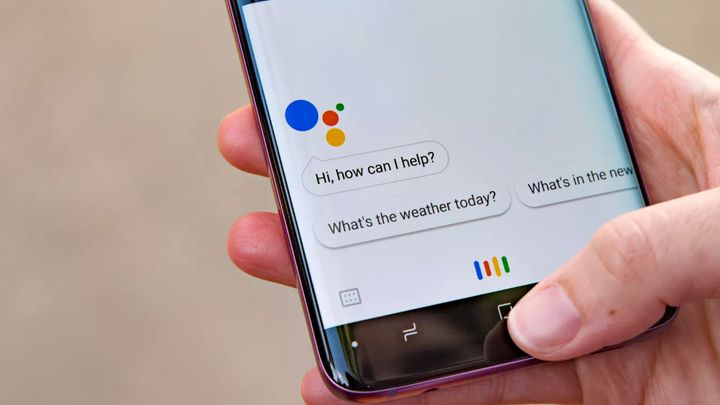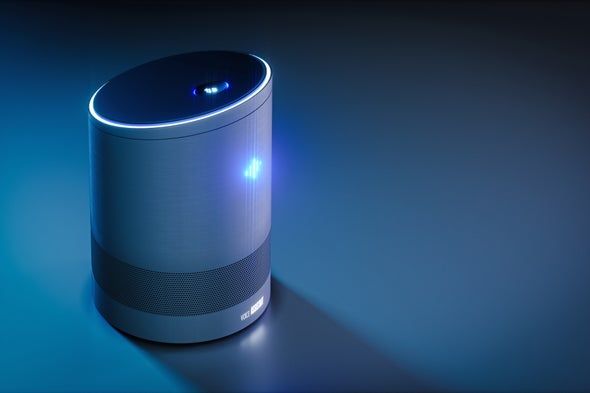The EU: Google Won't Listen to Recordings Collected by Assistant App
The German Commissioner for Data Protection and Freedom of Information has banned Google from listening to sound material recorded through the use of Smart Assistant app. The company agreed and offered to refrain from this practice throughout the European Union for a certain period of time.

IN A NUTSHELL:
- Up to 15% of Google Assistant users may not be aware that they are being recorded;
- In connection with the controversy, Google will not listen to any sound material collected in the EU for 3 months.
The German authorities - more specifically the Hamburg Commissioner for Data Protection and Freedom of Information - have banned Google employees from transcribing audio material collected by a so-called Google assistant. It's about the recordings that are made when people use the program. This is due to serious concerns about privacy breaches. The ban is a temporary solution - it will last three months (from August 1) and will allow the problem to be scanned more thoroughly.
The use of automatic speech assistants from providers such as Google, Apple and Amazon is provingto be highly risky for the privacy of those affected. This is intended to provisionally protect the rights of privacy of data subjects for the time being., the Commissioner's report, which was released on Thursday, reads.
The Danish website NWS has recently revealed fragments of leaked files. The aim was to prove that users are not always aware that they are being recorded. As many as 153 out of thousands of recordings were made without the knowledge of a given person. According to Google, this type of situation usually occurs when the program is activated by accident. The company has assured that it is trying to eliminate this problem. Moreover, the company expressed its willingness to cooperate with the authorities and announced that it would suspend for three months the audition of sound samples collected not only in Germany, but also in the entire European Union. The Commissioner also encouraged other similar technology providers, such as Amazon and Apple, to re-examine their security and privacy procedures and rules.

It is worth noting that in April, this year there were very similar accusations against Amazon's Alexa. That case was even more controversial - it showed, for example, passivity in the face of detecting a potential crime - but the principles of operation of the two apps are very similar. It seems that smart assistant designers don't really have an idea how to develop their creations without creating serious controversy and problems in the areas of privacy and security.
- WhatsApp's iOS Chat Privacy beta is trying out new features, including one that stops photos and videos from auto-saving to your device
- Clair Obscur: Expedition 33 devs warn of scammers monetizing game's success. Outstanding RPG may be coming to another platform
- Puzzled by „Mix of black and white” in Cookie Jam? We know the answer
0
Latest News
- End of remote work and 60 hours a week. Demo of Naughty Dog's new game was born amid a crunch atmosphere
- She's the new Lara Croft, but she still lives in fear. Trauma after Perfect Dark changed the actress' approach to the industry
- „A lot has become lost in translation.” Swen Vincke suggests that the scandal surrounding Divinity is a big misunderstanding
- Stuck in development limbo for years, ARK 2 is now planned for 2028
- Few people know about it, but it's an RPG mixing Dark Souls and NieR that has received excellent reviews on Steam, and its first DLC will be released soon

